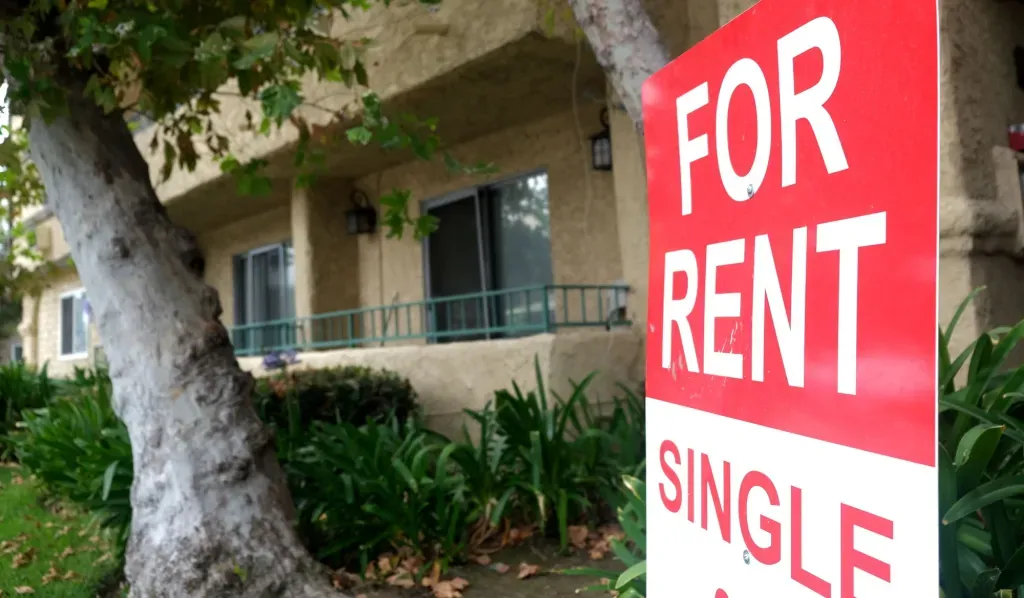California has some of the nation’s most robust tenant protection laws, including regulations regarding rent increases. If you are a California renter, it’s critical to understand these laws to ensure you’re not charged excessive rent increases and to protect your rights. This guide will explain the essential elements of California rent increase laws for 2024 and potential future updates.
The California Tenant Protection Act (AB 1482)
The Tenant Protection Act of 2019 (AB 1482) provides the foundation for rent control in California. Here’s what you need to know:
- Rent Increase Caps
- AB 1482 limits annual rent increases to either 5% plus the local inflation rate, or 10%, whichever is lower.
- Inflation is measured by the percentage change in the Consumer Price Index (CPI) for your region.
- Exemptions from AB 1482
- Housing built within the last 15 years
- Single-family homes where the owner is not a corporation or REIT
- Duplexes where the owner lives in one unit
- Owner-occupied properties with no more than two units
- Most types of dormitories
Local Rent Control Ordinances
In addition to AB 1482, several cities and counties in California have their own rent control ordinances, which may be more strict than the statewide law. For example, some cities have lower rent increase caps or additional requirements for landlords. Make sure to research the local rules for your area, in addition to state laws.
Notice Requirements for Rent Increases
Landlords are required to provide tenants with written notice of rent increases. The required notice period depends on the size of the increase:
- Increases less than 10%: 30 days’ notice
- Increases greater than 10%: 90 days’ notice
Protections Against Retaliation
California law prohibits landlords from retaliating against tenants who exercise their rights. It is illegal for a landlord to evict you, raise your rent, or harass you for:
- Complaining to your landlord or government authorities about unsafe or substandard housing conditions
- Joining a tenants’ rights organization
- Withholding rent in protest over legal violations
New Developments in 2024
A key change in California law starting July 1, 2024, will be a new cap on security deposits. Leases signed after this date will generally be limited to one month’s rent as a maximum deposit. There are exceptions for furnished units and for some small landlords, so be sure to read up on the specifics for your situation.
FAQs
Q: How do I find out the rate of inflation for my area? A: The California Department of Industrial Relations publishes CPI data by region [https://www.dir.ca.gov/oprl/CPI/PresentCCPIchange.PDF].
Q: Does my landlord have to justify a rent increase? A: No, in most cases landlords don’t have to justify rent increases as long as they comply with the law.
Q: What can I do if I believe my landlord is charging an illegal rent increase? A: Contact a local tenants’ rights organization or legal aid service for assistance. You may also file a complaint with your local rent board or other housing agencies in your area.
Q: Are there any exceptions to the rent increase limits? A: Certain situations can affect valid rent increases, like local emergencies, price gouging rules, or the unit being under separate rent control ordinances.
Sources
- California Department of Consumer Affairs: https://www.dca.ca.gov/
- California Tenant Protection Act of 2019 (AB 1482): https://leginfo.legislature.ca.gov/faces/billTextClient.xhtml?bill_id=201920200AB1482
- California Department of Industrial Relations: https://www.dir.ca.gov/
Conclusion
Understanding rent increase laws is essential for all California renters. By being informed and aware of your rights, you can protect yourself against unlawful rent increases and help ensure access to affordable housing in the state.
Important Disclaimer: This blog post is intended for informational purposes only and does not constitute legal advice. It’s best to consult an attorney or legal professional with specific questions about your situation and the complex details of California’s rent increase laws.

